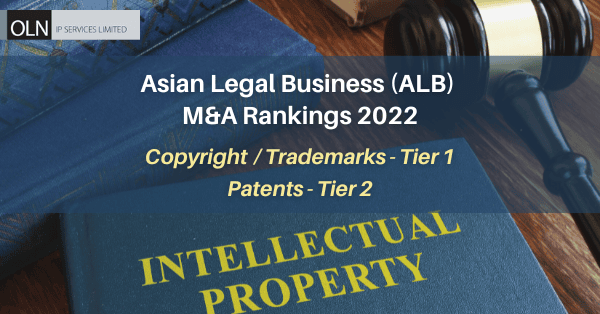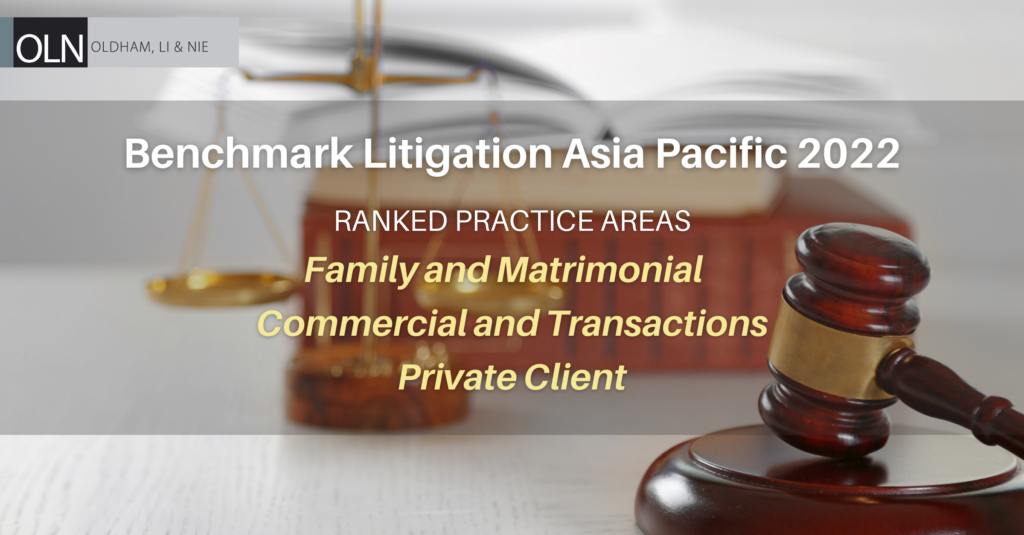The Copyright (Amendment) Bill 2022 (https://www.legco.gov.hk/yr2022/english/brief/citbcr070928_22020525-e.pdf) was gazetted last Friday after the 3-month public consultation. A very aligned view of IP practitioners and stakeholders is to have the new Copyright provisions enacted as law without any further delay.
The key 5 legislative proposals are:
1. To introduce an exclusive technology-neutral communication right for copyright owners in light of technological developments;
2. To introduce criminal sanctions against infringements relating to the new communication right;
3. To revise and expand the scope of copyright exceptions to allow use of copyright works in certain common Internet activities; facilitate online learning and operation of libraries, archives and museums; and allow media shifting of sound recordings, etc;
4. To introduce “safe harbour” provisions to provide incentives for online service providers to co-operate with copyright owners in combating online piracy and to provide reasonable protection for their acts; and
5. To introduce two additional statutory factors for the court to consider when assessing whether to award additional damages to copyright owners in civil cases involving copyright infringements.
The Secretary for Commerce and Economic Development will introduce the Bill into LegCo for first and second readings on June 8. The LegCo Panel on Commerce and Industry supports the legislative proposals. The new Copyright law is expected to launch for the summer!
 Suite 503, 5/F, St. George's Building, 2 Ice House Street, Central, Hong Kong
Suite 503, 5/F, St. George's Building, 2 Ice House Street, Central, Hong Kong +852 2868 0696
+852 2868 0696








